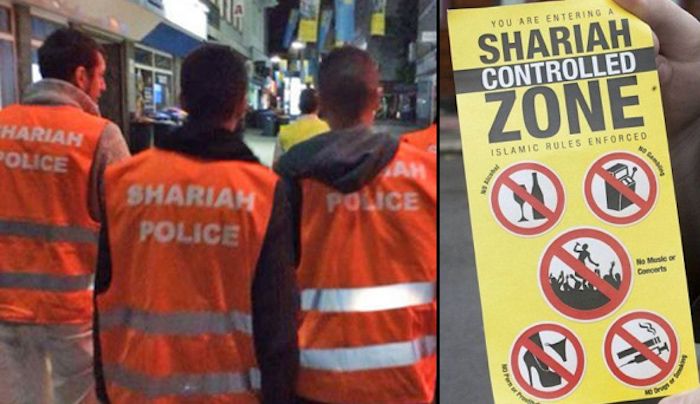Sharia law has been recognised by the British High Court for the first time after a judge made a “landmark ruling” which is set to act as a precedent and allow a sharia legal system to run in parallel with UK law.
The High Court ruled that a Muslim couple’s sharia law marriage, conducted in a ceremony called a nikah, falls under British matrimonial law despite it not being legally recognised as such.
The judge heard that the Pakistani couple, Mrs Akhtar and her businessman husband Mohammed Shabaz Khan, had lived in London, Birmingham and Dubai. They had taken part in a sharia law ceremony at a restaurant in Southall, west London, nearly 20 years ago. Mrs Akhtar said the ceremony was conducted by an imam before about 150 guests.
What does this precedent mean for sharia law in Britain?
In the high-profile case in the High Court, Mrs Akhtar and her businessman husband Mohammed Shabaz Khan were deemed to have a valid marriage. The court’s recognition of sharia law means Nasreen Akhtar will be free to bring her case to the divorce court and claim her share of the assets of her marriage.
The case will have significant implications for women who marry under sharia law but not UK law and could give them the right to divorce their husbands and split the assets related to the union, as well as securing a divorce more easily.
More widely, the ruling provides support to Islamic extremists trying to claim parts of the country as their own fiefdoms, subject to their own arbitrary laws.
There are thought to be at least 100 sharia law courts operating throughout the UK, dispensing Islamic justice outside the remit of the British legal system. “Sharia-controlled zones” have sprung up around the country, with “sharia religious police” patrolling streets to enforce the local population obey the radical Islamic law.
Express reports: When Canadian liberals tried to make rulings in sharia courts legally binding in 2004 the idea was quickly abandoned after protests from Muslim women. They said the very reason they had come to Canada was to escape sharia law in their homelands.
The same is true in Britain — those who have most to fear from sharia law are not white, Christian families but Muslims themselves, especially women.
Yet it has been left to a crossbencher in the House of Lords, Baroness Cox, to table a Private Members’ Bill on sharia law which would make it an offence, punishable by up to five years in jail, for sharia courts to misrepresent their powers or pressurise anyone into accepting their judgments.
If the Government does not like Baroness Cox’s law it should pass its own legislation. When Parliament passed the 1996 Arbitration Act it did not envisage that Islamicists would use it to establish a system of sharia courts and there is no reason why it cannot be revised to exclude them.
The alternative as we have seen this week is for the Government to sit back while extremists try to claim parts of the country as their own fiefdoms, subject to their own arbitrary laws.
It is a disgrace that a country so outwardly committed to human rights should allow this to happen.

